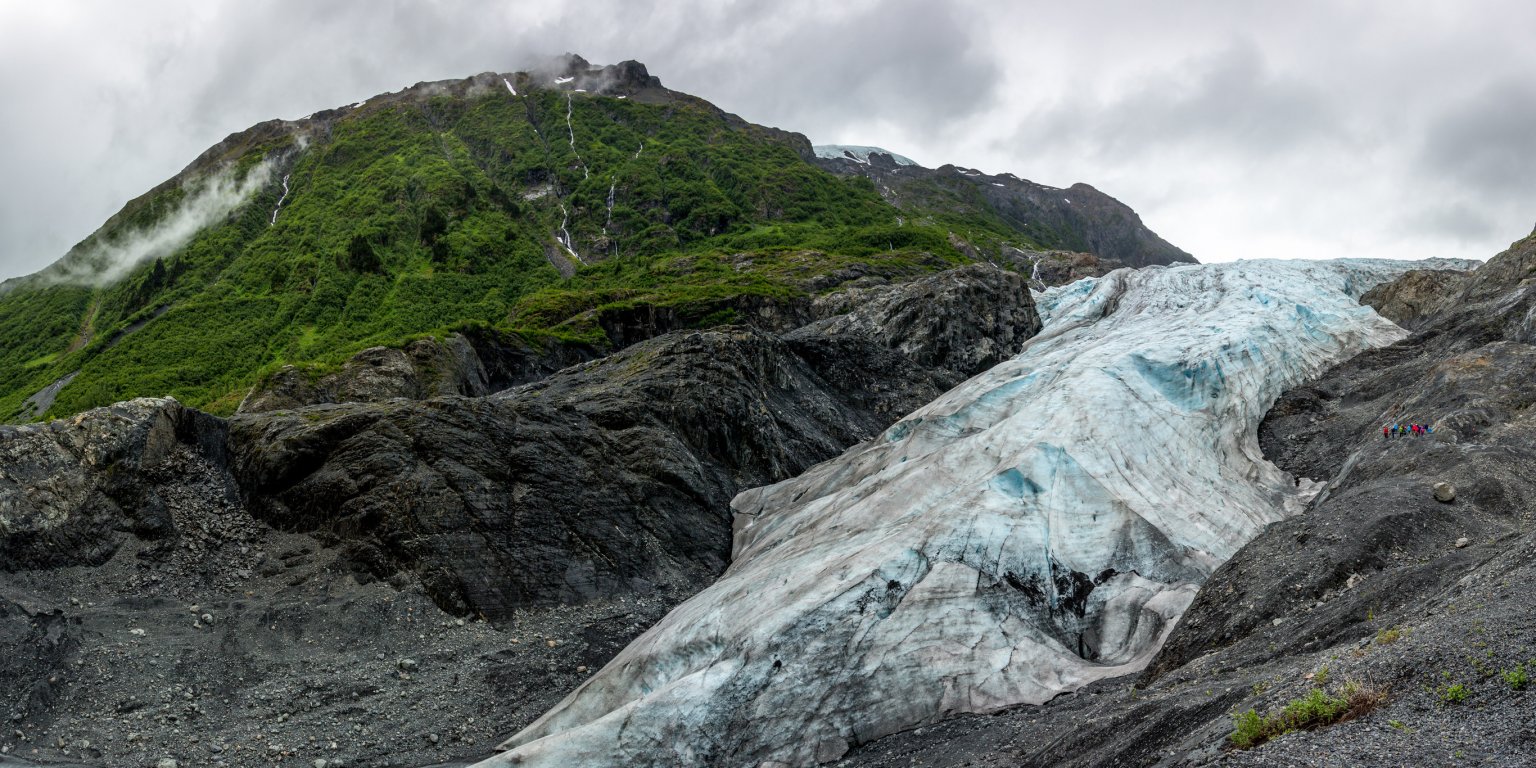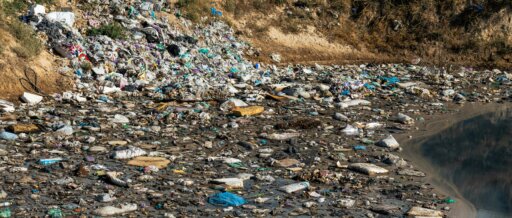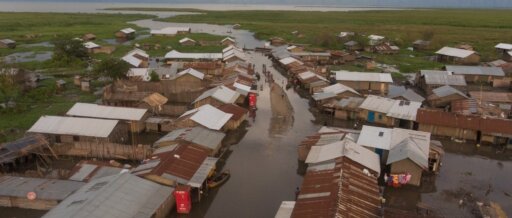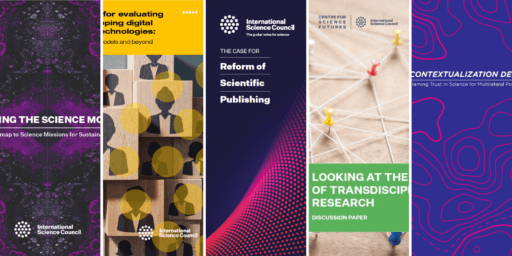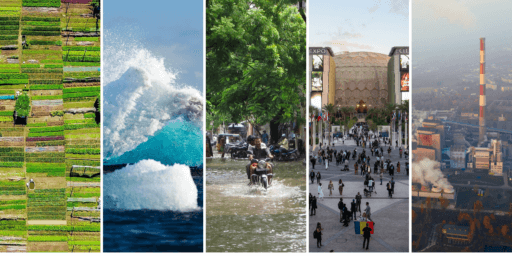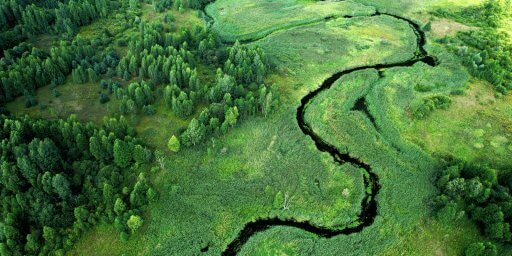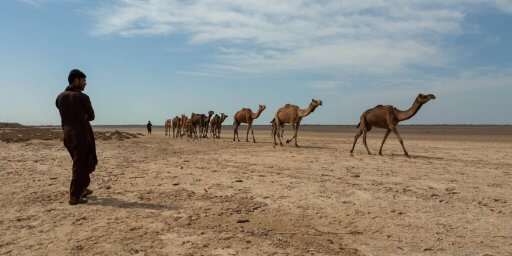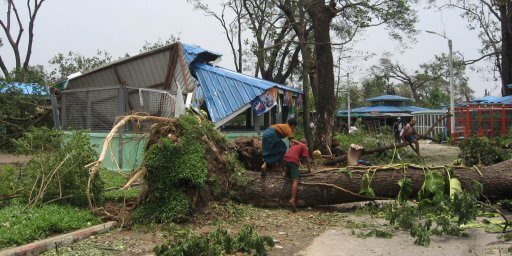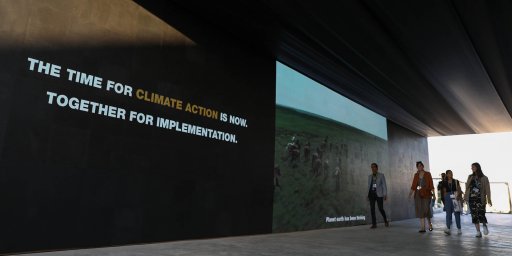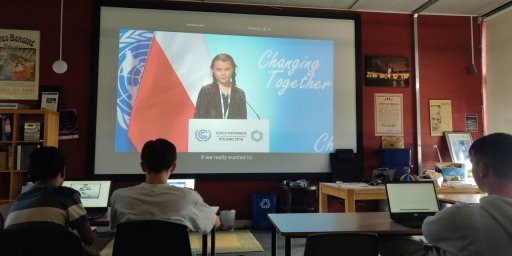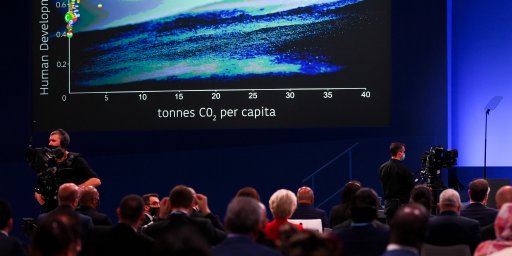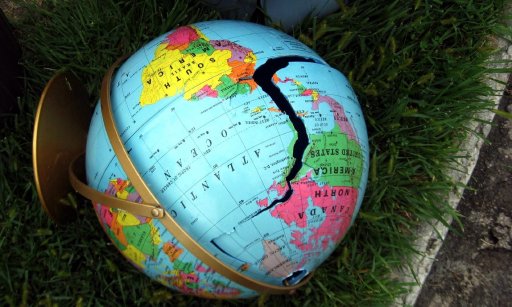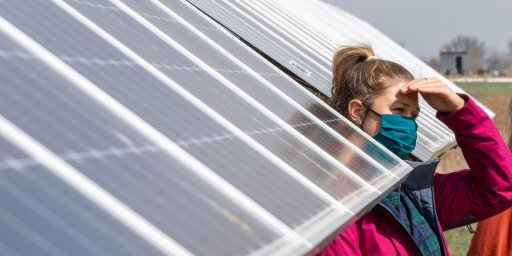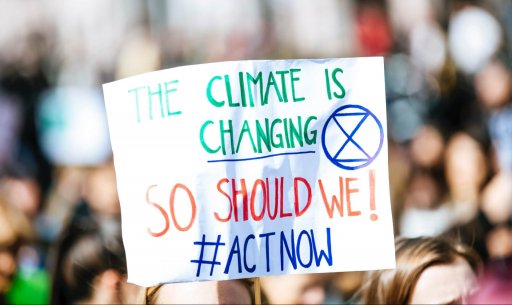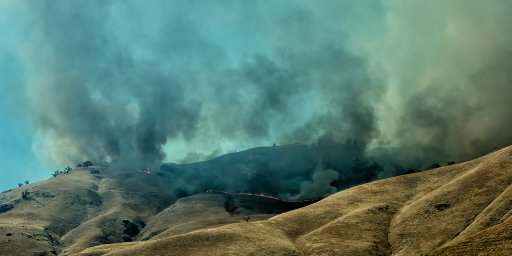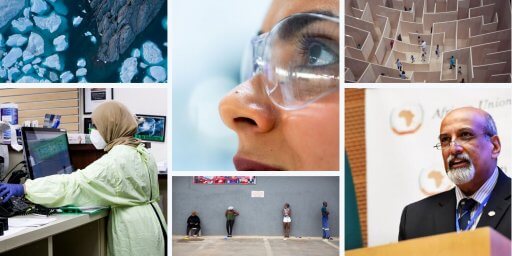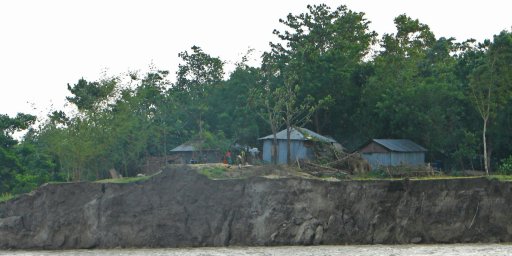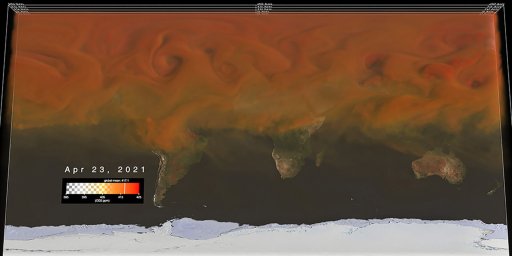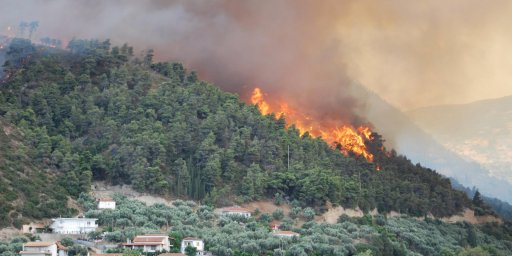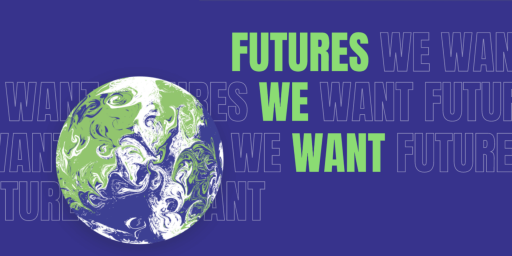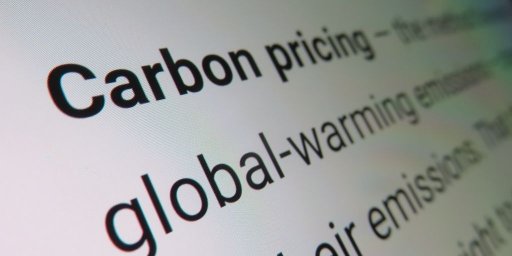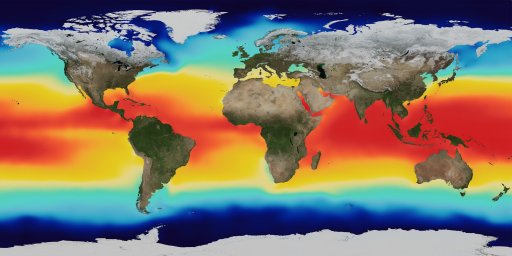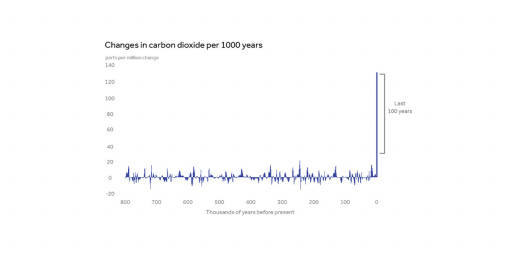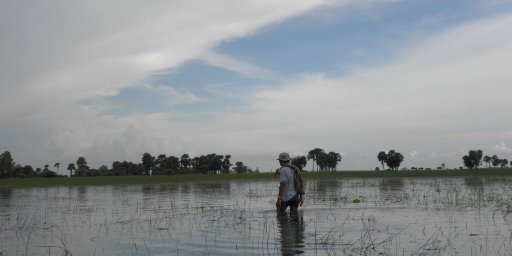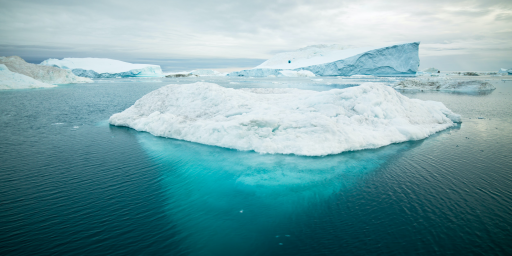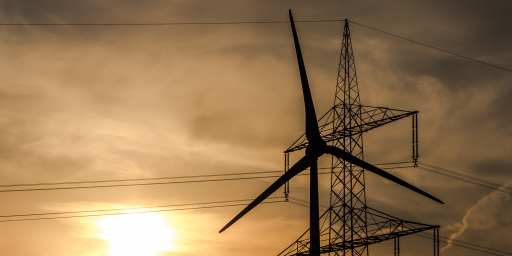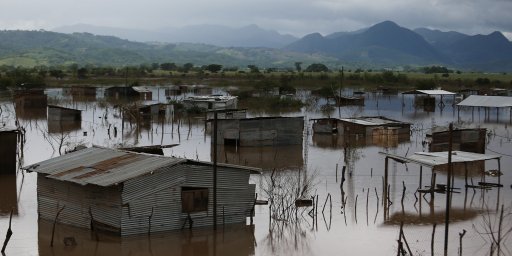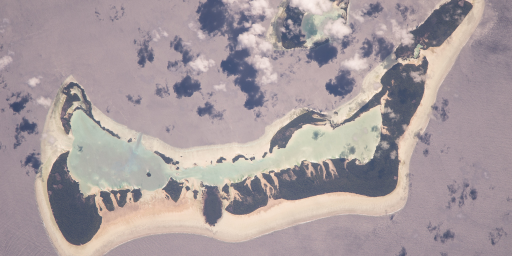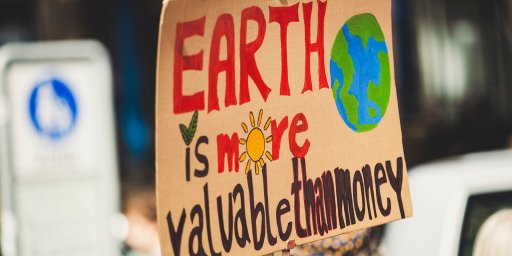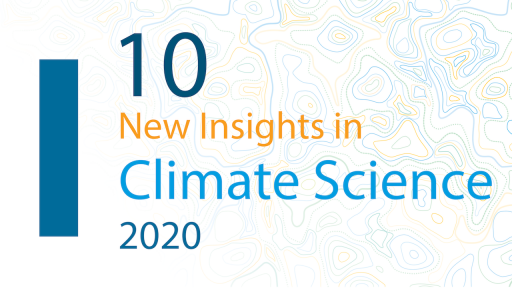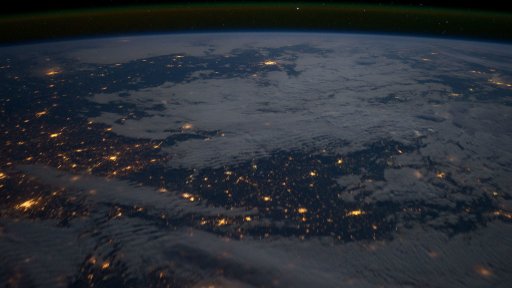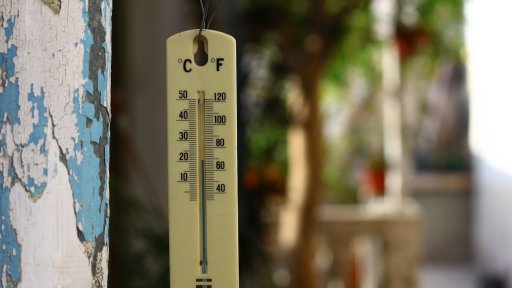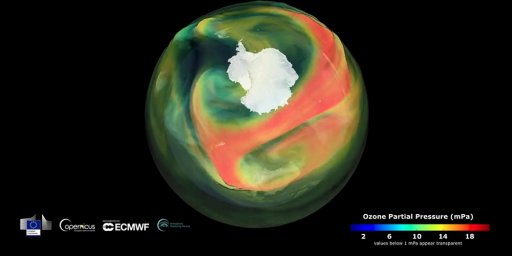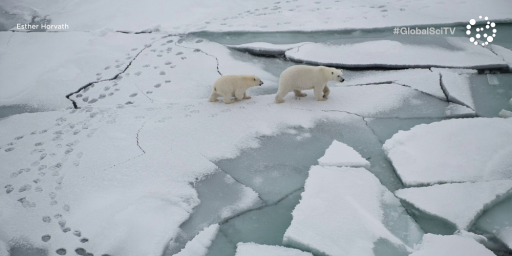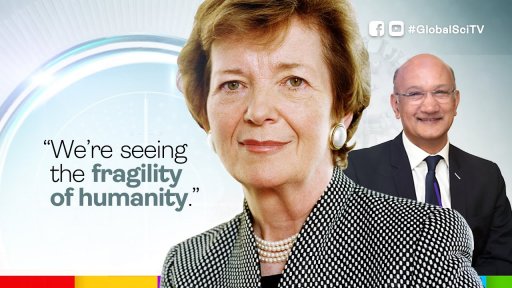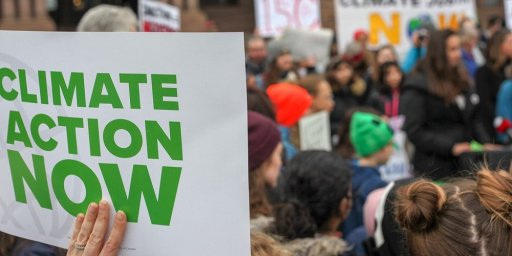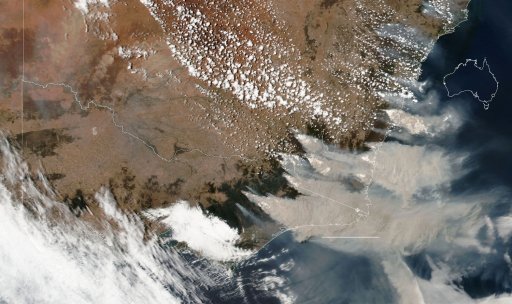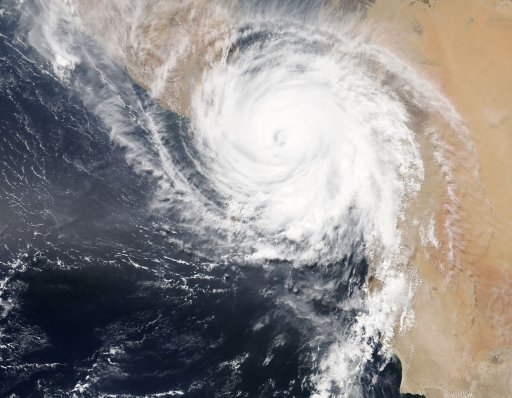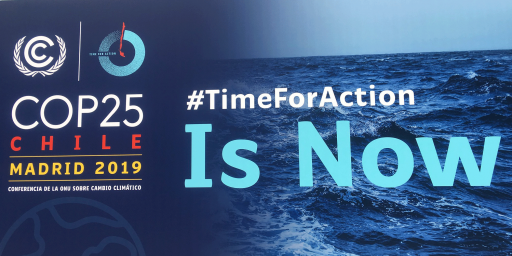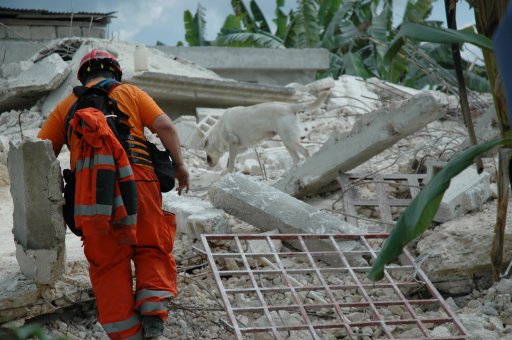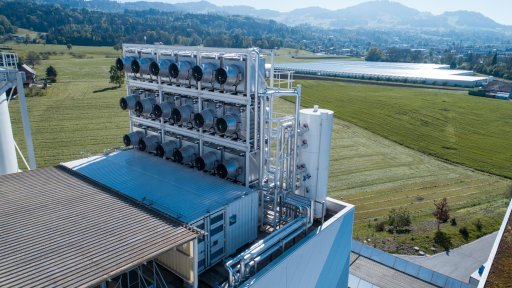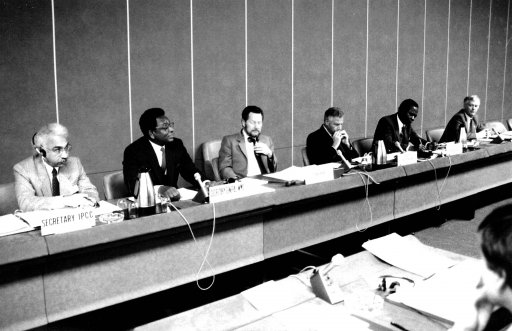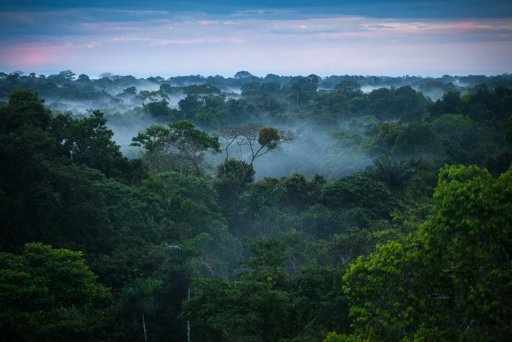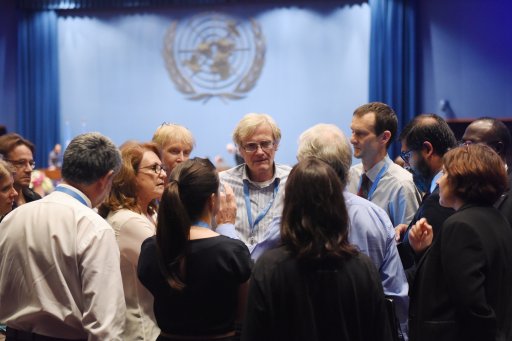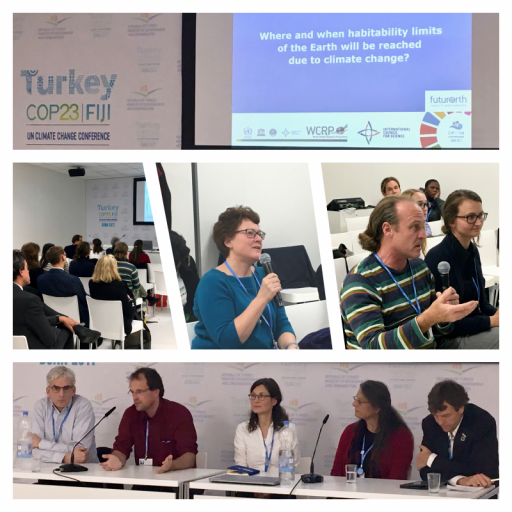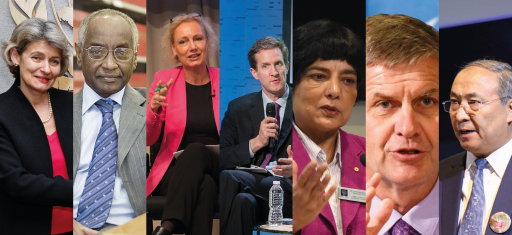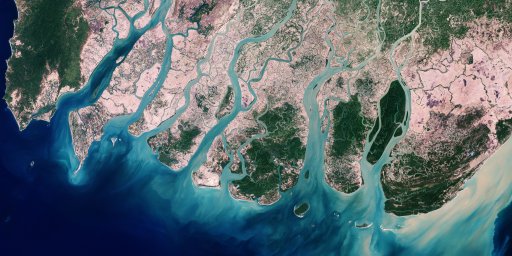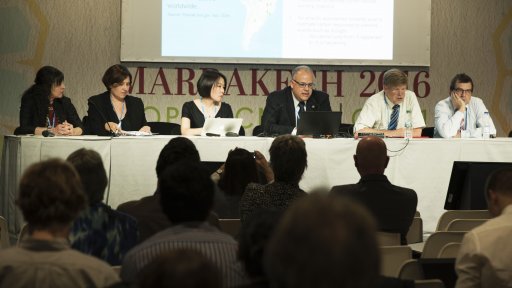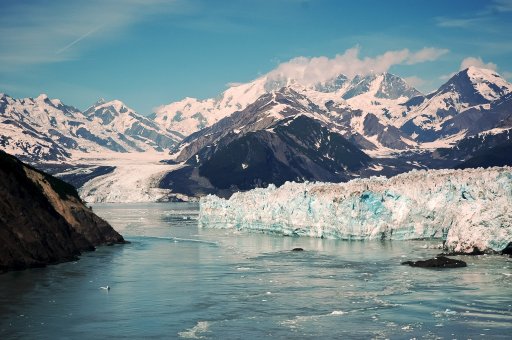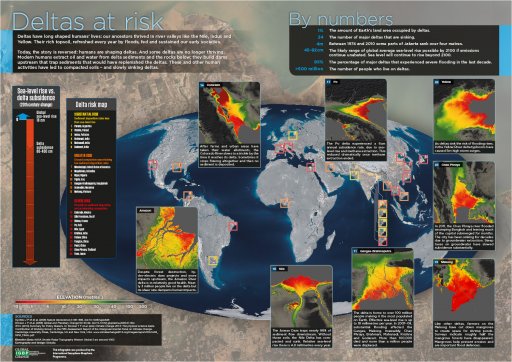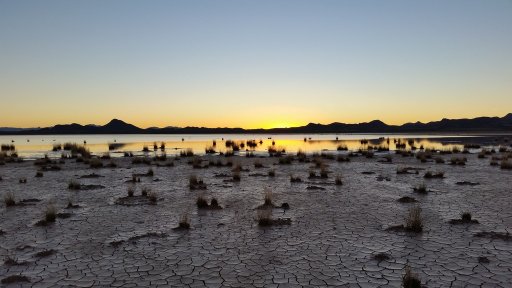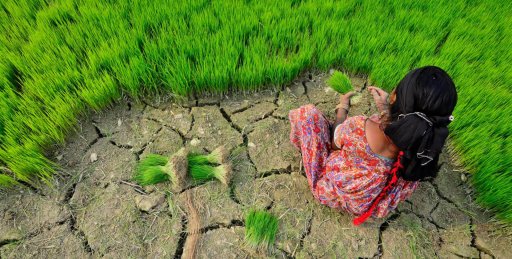The IPCC’s Sixth Assessment Report, described as a ‘reality check’ by Valerie Masson-Delmotte, Co-Chair of IPCC Working Group I, includes for the first time a detailed regional assessment of climate change. This explores what projected changes mean for societies and ecosystems, and aims to give decision-makers regionally specific, granular information to support risk assessment and adaptation plans. Evidence of changes in extremes – such as heatwaves or intense rainfall that can cause flooding – has strengthened since the Fifth Assessment Report, reflecting scientific advances in attributing extreme weather and climatic events to climate change.
Many of the changes being observed are ‘unprecedented’ over many centuries to thousands of years, say the authors, and human influence on warming the atmosphere, ocean and land is today ‘unequivocal’. Under all of the emissions scenarios considered, warming is expected to continue until at least 2050, exceeding 1.5°C and 2°C during this century, unless there are deep reductions in CO2 and other greenhouse gases in the coming decades.
However, strong, continued action to reduce CO2 and other greenhouse gas emissions would limit climate change, potentially stabilizing temperatures within 20 to 30 years and improving air quality over a shorter timeframe. This would require deep, sustained action, reaching at least net zero CO2 emissions, combined with cuts in other emissions, such as methane.
To find out more about the kind of science-based initiatives to support emissions reductions, explore the resources on the ISC’s Transform21 portal, for which the Council is working together with the incoming UK Presidency of COP26 in order to curate scientific information relevant to the conference.
The Intergovernmental Panel on Climate Change (IPCC) is the international body for assessing the science related to climate change, and was formed in 1988 by the World Meteorological Organization (WMO) and United Nations Environment Programme (UNEP). To find out more about the IPCC and the role of the ISC’s predecessor organizations in convening the science community, read The origins of the IPCC: How the world woke up to climate change, written in 2018 to mark the panel’s 30th anniversary.
Photo: Exit Glacier, Alaska (Jonathan via Flickr).
Related Items
Insights from Dr. Pedro Jaureguiberry, Frontiers Planet Prize National Champion, on biodiversity loss and planetary boundaries
25.04.2024
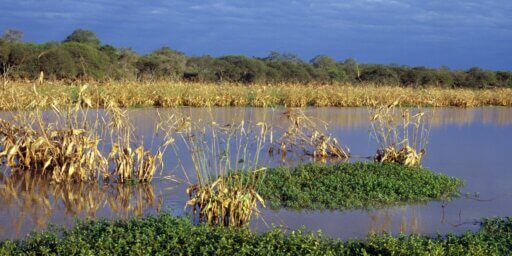
Disaster risk reduction: UNDRR and ISC to review Hazard Information Profiles ahead of 2025 Global Platform
09.04.2024
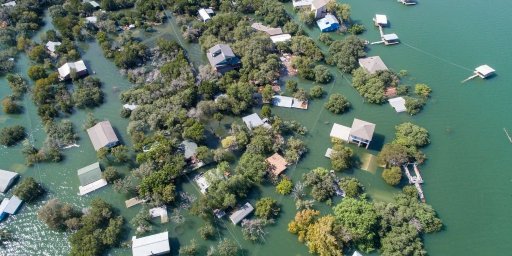
Pacific Islands Academy of Sciences and Humanities: A Pivotal Step Towards a Resilient Future
01.03.2024

World Climate Research Programme launches a Lighthouse Activity on Climate Intervention Research
15.02.2024

Fostering tomorrow’s science: the ISC's engagements with Early and Mid-Career Researchers in 2023
13.12.2023

"What's holding us back?": how economists and social scientists might hold the key to climate action
12.12.2023
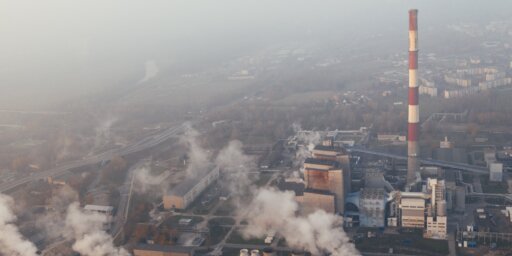
Podcast with Cory Doctorow: Science Fiction and the Future of Science: Leveraging Digital Advancements for the Future
11.12.2023

For science-based decision-making on the climate emergency: 10 new insights in climate science
05.12.2023
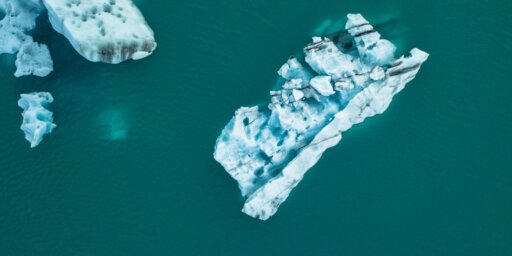
The costs of shifting scenarios: Why the IPCC should maintain consistent vocabulary in climate assessments
17.11.2023

New ISC policy brief: A call for a formal scientific voice in the global fight against plastic pollution
16.11.2023

Converging and interdependent crises are amplifying the impacts of one another with often devastating consequences
16.11.2023

One Planet Polar Summit, scientists striving to bridge the science-policy gap for urgent action: "every tenth of a degree Celsius matters"
09.11.2023

Call for nomination of experts to draft an outline of the IPCC Special Report on Climate Change and Cities - deadline 15 November
02.11.2023

Cultivating a proactive approach to crises: first meeting of the UNEP/ISC foresight expert panel
26.09.2023

Frontiers Planet Prize, second edition: celebrating the world’s most innovative sustainability scientists by 1 November
08.06.2023

Protecting the ocean: 5 essential reads on invasive species, overfishing and other threats to sea life
08.06.2023
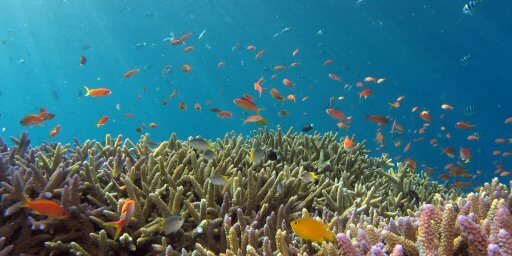
ISC's nomination track ensures transdisciplinary and global representation in UNEP's Scientific Advisory Group for GEO-7 Assessment
14.04.2023

UN 2023 Water Conference carries new engagements towards realizing SDG6 and future avenues for a decade of action
23.03.2023
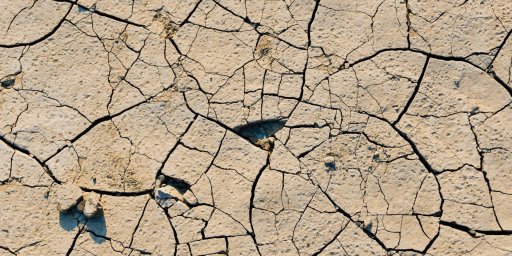
IPCC report: the world must cut emissions and urgently adapt to the new climate realities
21.03.2023
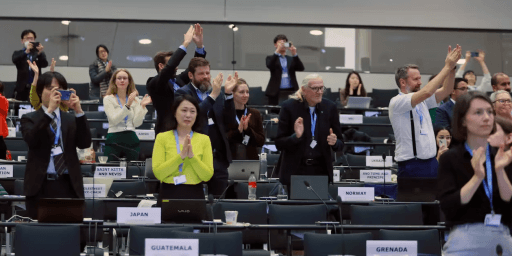
ISC-BBC StoryWorks partnership ends on a high note, delivering some of the highest engagement for the BBC
13.03.2023

The ISC and UNEP to cooperate on advancing the use of science in environmental policy and decision-making
16.12.2022

Science in Times of Crisis Episode 3 - The Fallout of Conflict: The Arctic and Outer Space
15.12.2022

There are 8 years left to meet the UN Sustainable Development Goals, but is it enough time?
18.11.2022
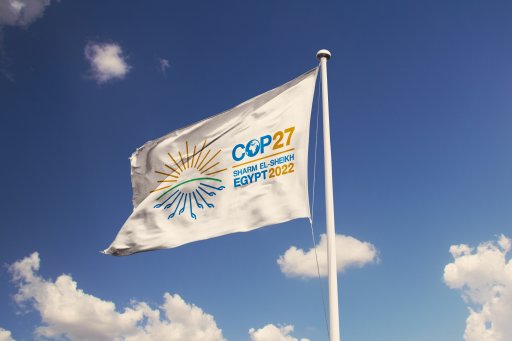
Special interview series on COP 27- Interview with Nick Perkins about climate change and science communication
17.11.2022
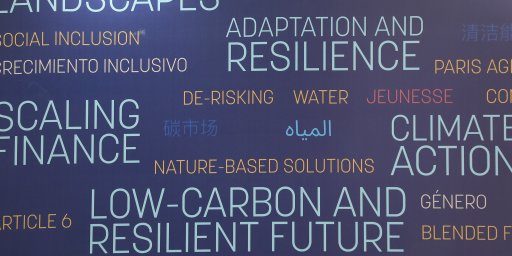
Are we in a new era of climate adaptation implementation? The role of regional governments in facilitating local action
09.11.2022
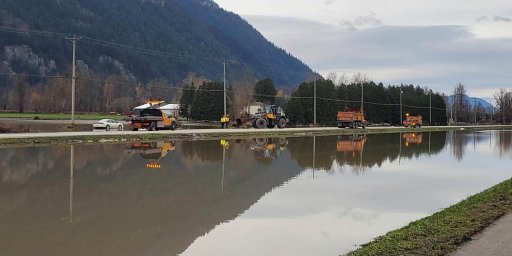
In the face of extreme weather events, coordinated global action to address climate change is needed at COP27
04.11.2022
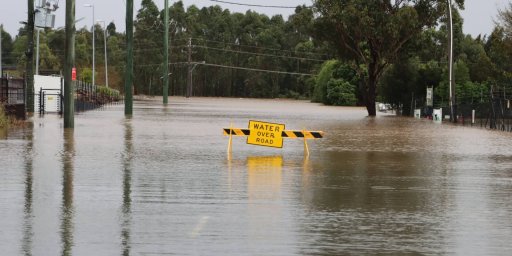
Professor Carlos Lopes on why Africa needs to stick to renewables despite the temptation of gas
28.10.2022
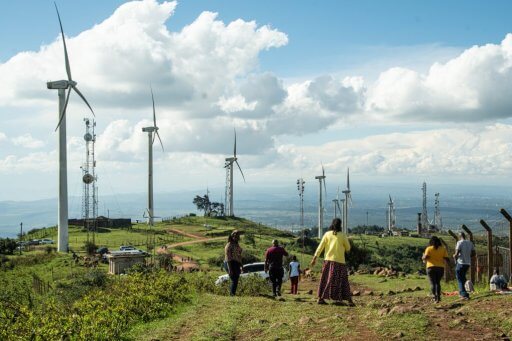
Happy birthday to the Montreal Protocol – the most successful environmental treaty of all time?
16.09.2022
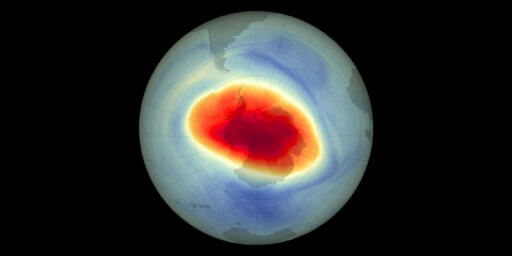
Managed retreat from areas threatened by floods can catalyse positive social transformations
13.04.2022
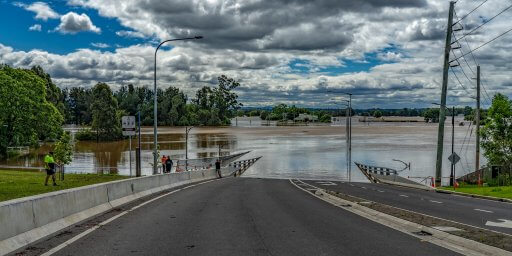
Women Leading on Equitable and Inclusive Solutions to address the Climate Emergency: Webinar
08.03.2022

The window for climate action to avoid dangerous systemic risks is narrowing, warns latest IPCC report
28.02.2022

An early career perspective on the science-policy interface in the decade of climate action following COP26
28.12.2021

If universities want to hit climate targets, they should use their land for carbon offsetting
26.11.2021

Major scientific assessment of the Amazon region issues urgent call to end deforestation and avert tipping points
15.11.2021
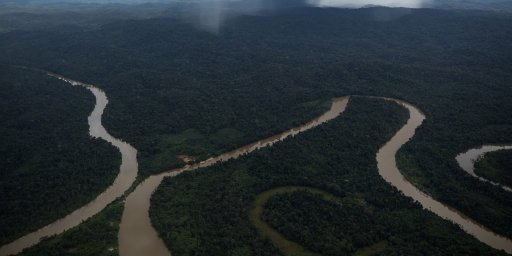
Climate change projections for Pakistan: the need for sustainable solutions to protect its people and biodiversity
08.11.2021

Four considerations for accelerating progress on climate change at the science-policy interface
05.11.2021
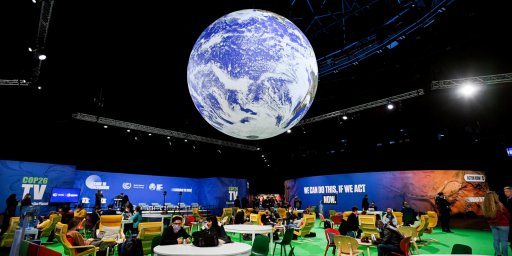
Ten New Insights in Climate Science 2021 report highlights critical research and policy implications for addressing the climate crisis
04.11.2021
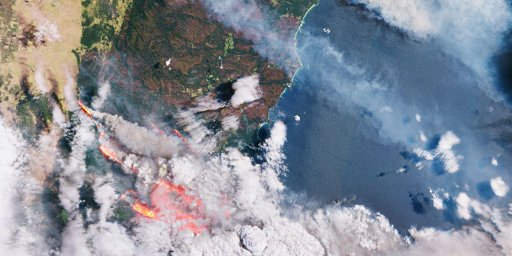
Ahead of COP26, Ekanem I. Braide shares her perspective on the priorities for action and the role of science
29.10.2021

Climate risk assessment gaps: seamless integration of weather and climate information for community resilience
27.10.2021

Increasing the participation of women in the climate change debate, including as leaders, is essential for a carbon-zero future
19.10.2021

Deepening interactions between science and policy on the way to COP26: What role for science publishers?
12.10.2021

Call for emergency action to limit global temperature increases, restore biodiversity, and protect health
06.09.2021
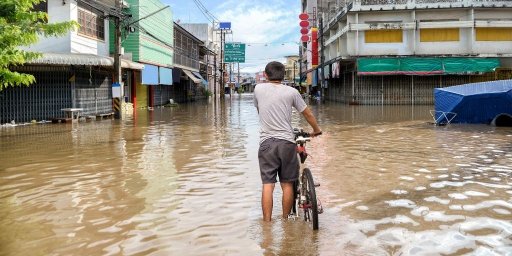
Coastal communities in the Arctic rely on structural measures to adapt to climate change, but should they?
19.08.2021
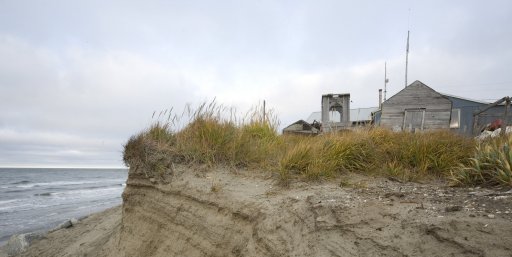
Tell me a story – why climate change communication needs to embrace our childlike curiosity
28.06.2021

COP26 Climate Action Champion Nigel Topping on creating an 'ambition loop' for bolder pathways to change
04.05.2021
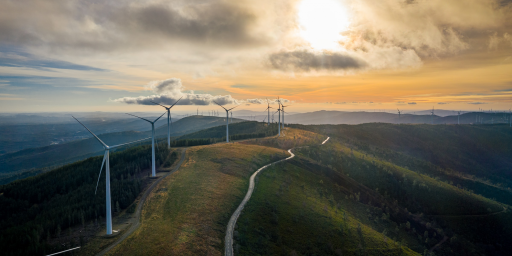
Strengthening the links between science and society for action on climate change in France
19.04.2021

Target high-carbon emitters to accelerate green transition, say leading experts on behavioural change
13.04.2021

Working together: Future Earth and WCRP announce partnership to jointly address major societal challenges
18.12.2020

Taking stock of progress on global change: What to expect from the UNEP Global Assessments Synthesis Report
03.12.2020
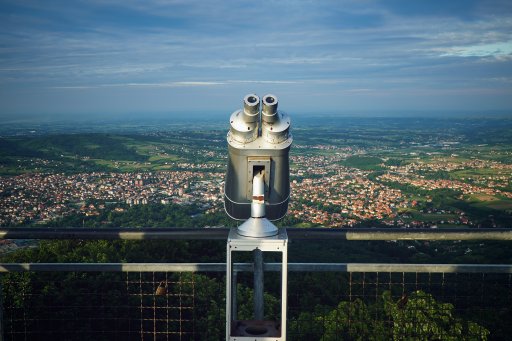
Tackling Climate Change with COVID-19 Urgency - by ISC Patron, Mary Robinson and ISC President, Daya Reddy
01.04.2020
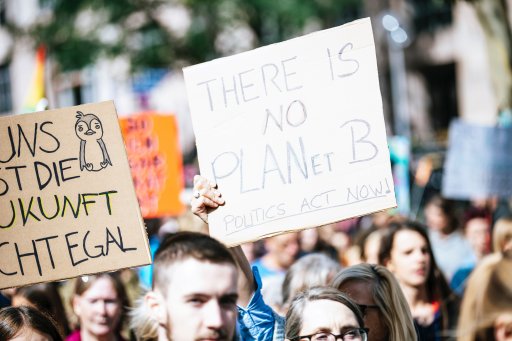
Call for nominations of experts to serve on the Editorial Board of the IPCC Emission Factor Database
02.12.2019

The political challenge of achieving transformations to 1.5ºC – the role of social justice
02.04.2019
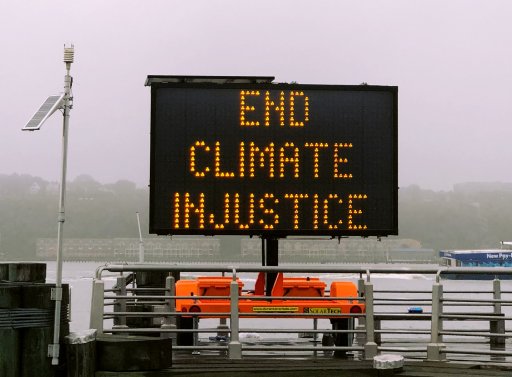
COP24 side event on The CitiesIPCC Research and Action Agenda for effective urban responses to climate change
07.12.2018
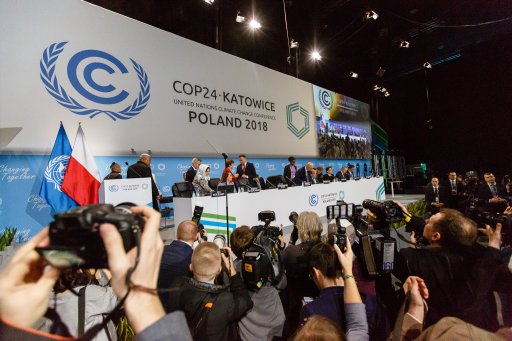
Transforming southern African cities in a changing climate – Q and A with Alice McClure from the University of Cape Town
28.08.2018
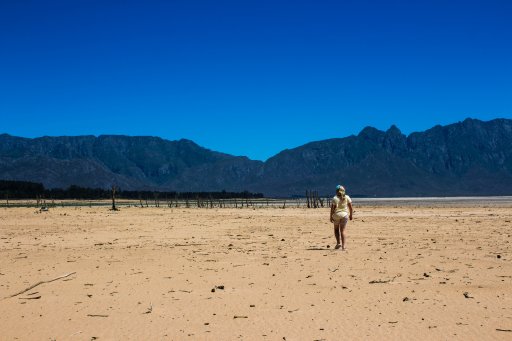
International Council for Science calls on United States to support international efforts to combat dangerous climate change
01.06.2017

ICSU Unions receive award to launch multi-year initiatives in science outreach and education
09.02.2017
ICSU launches new programme to understand the human impact on Earth’s life-support systems
22.10.2008
International Council for Science (ICSU) launches major research programme on natural disasters
22.10.2008
